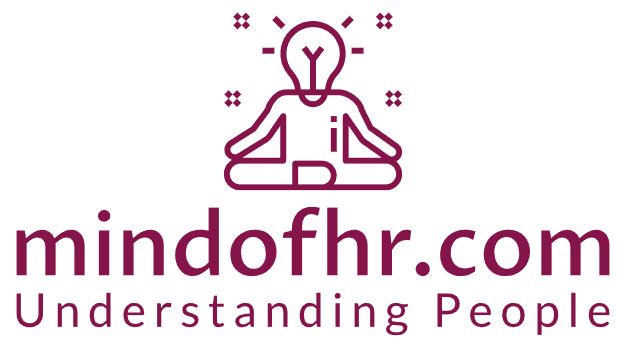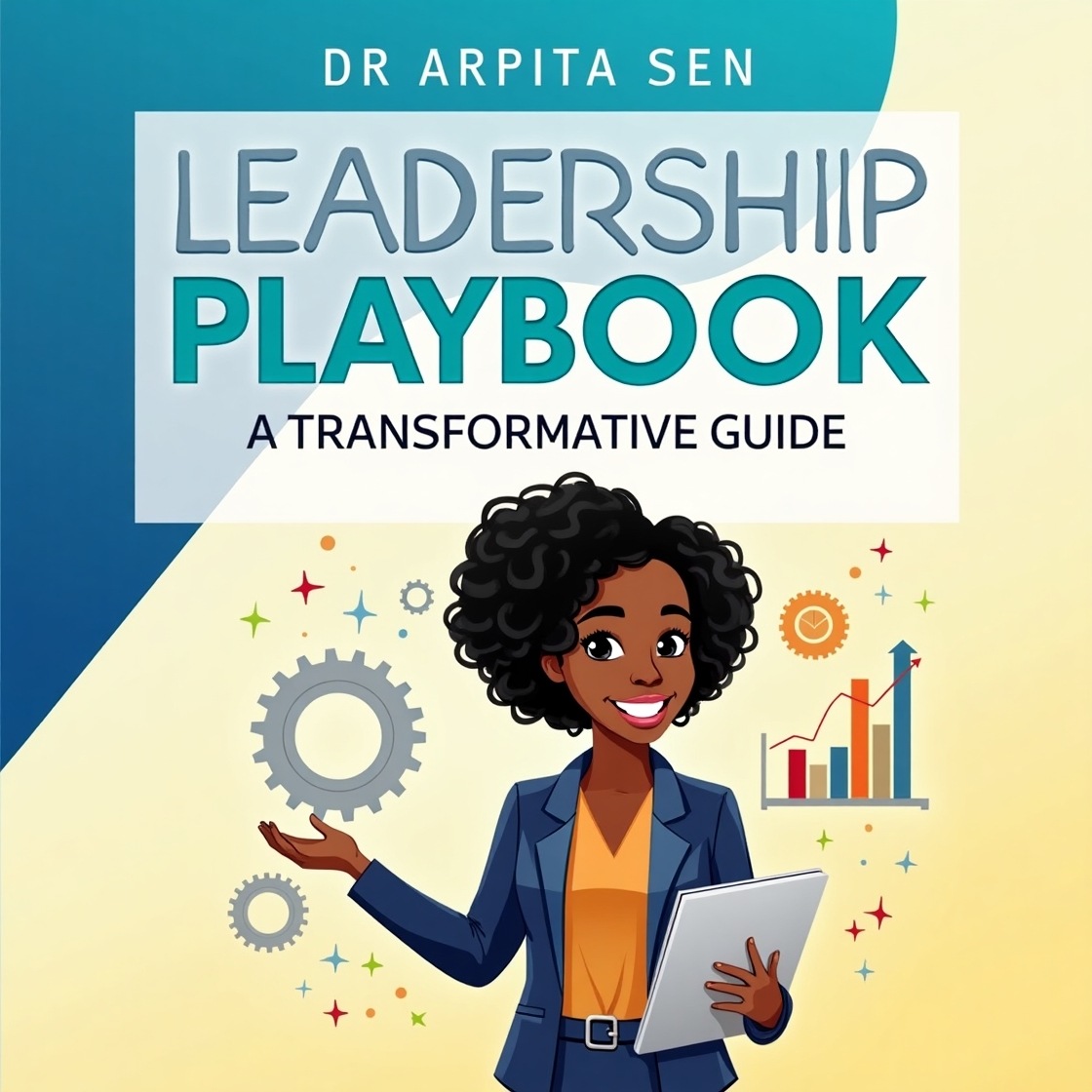In today’s rapidly evolving business landscape, the role of the Organizational Effectiveness (OE) practitioner has become increasingly crucial. These professionals are tasked with ensuring that organizations operate at peak efficiency, leveraging their knowledge and expertise across various domains to drive sustainable success. However, the scope of an OE practitioner’s responsibilities extends far beyond the confines of traditional Human Resources (HR) functions.
Mastering the Intricacies of HR Centers of Excellence
To effectively drive organizational effectiveness, OE practitioners must possess a deep understanding of the various Centers of Excellence (COEs) within HR. This includes:
- Talent Management: Mastering the art of attracting, retaining, and nurturing talent is essential for OE practitioners. They must be well-versed in workforce planning, succession management, and employee engagement strategies to ensure that organizations have the right people in the right roles.
- Diversity Management: In today’s global business environment, fostering a diverse and inclusive workplace is crucial for success. OE practitioners must be knowledgeable about equal opportunity regulations, cultural sensitivity, and the impact of diversity on organizational performance.
- Training and Development: Continuous learning and skill enhancement are key drivers of organizational effectiveness. OE practitioners must be able to identify training needs, design effective learning programs, and measure the impact of training initiatives on employee performance and organizational outcomes.
- Reward Management: Designing and implementing effective compensation and benefits strategies is critical for attracting and retaining top talent. OE practitioners must be well-versed in market trends, legal regulations, and the impact of reward systems on employee motivation and productivity.
- Employee Relations: Managing employee relations is a critical aspect of organizational effectiveness. OE practitioners must be skilled in conflict resolution, grievance handling, and disciplinary procedures to ensure a harmonious and productive work environment.
Expanding the Horizons: Knowledge Beyond HR
While mastering HR COEs is essential, OE practitioners must also possess a broader understanding of various disciplines outside the realm of HR. This includes:
- Business Strategy: OE practitioners must be able to align HR initiatives with the organization’s overall business strategy. They must possess a deep understanding of the organization’s mission, vision, and values, and ensure that HR programs and policies support the achievement of strategic objectives.
- Change Management: Organizational effectiveness is often synonymous with change. OE practitioners must be skilled in managing change, from identifying the need for change to implementing and sustaining new initiatives. They must be adept at overcoming resistance to change and fostering a culture of continuous improvement.
- Process Improvement: Streamlining organizational processes is a key aspect of driving effectiveness. OE practitioners must be skilled in process mapping, root cause analysis, and the implementation of lean and Six Sigma methodologies to eliminate waste and improve efficiency.
- Data Analytics: In today’s data-driven world, OE practitioners must be able to collect, analyze, and interpret data to make informed decisions. They must be skilled in using HR analytics tools and techniques to measure the impact of HR initiatives on organizational performance and identify areas for improvement.
- Organizational Design: The structure and design of an organization can have a significant impact on its effectiveness. OE practitioners must be able to assess the organization’s structure, identify areas for improvement, and design new organizational models that support the achievement of strategic objectives.
The OE Practitioner as a Catalyst for Change
By possessing a deep understanding of HR COEs and a broad knowledge of various disciplines outside HR, OE practitioners can serve as catalysts for organizational change and effectiveness. They can:
- Align HR initiatives with business strategy: OE practitioners can ensure that HR programs and policies support the achievement of strategic objectives, thereby maximizing the impact of HR on organizational performance.
- Foster a culture of continuous improvement: OE practitioners can drive a culture of continuous improvement by identifying areas for improvement, implementing change initiatives, and measuring the impact of these initiatives on organizational effectiveness.
- Enhance employee engagement and productivity: By designing effective talent management strategies, OE practitioners can enhance employee engagement and productivity, leading to improved organizational performance.
- Promote diversity and inclusion: OE practitioners can promote diversity and inclusion by designing and implementing effective diversity management strategies, thereby enhancing the organization’s ability to attract and retain top talent.
- Optimize organizational processes and structures: By applying process improvement methodologies and organizational design principles, OE practitioners can optimize organizational processes and structures, leading to improved efficiency and effectiveness.
In conclusion, the Organizational Effectiveness practitioner is a polymath in the HR realm, possessing a deep understanding of HR COEs and a broad knowledge of various disciplines outside HR. By leveraging this knowledge and expertise, OE practitioners can serve as catalysts for organizational change and effectiveness, driving sustainable success in today’s competitive business environment.











